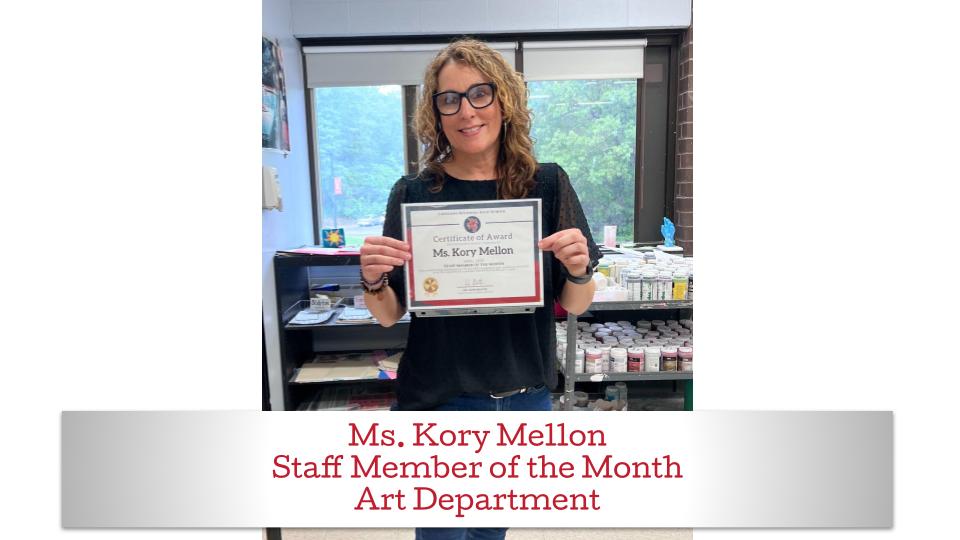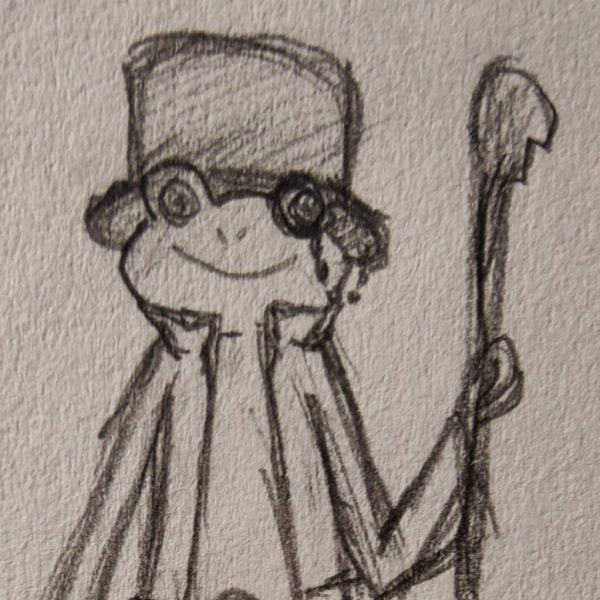In the waters off the shores of France, floating sausages bob in the sea, absorbing nearby oil. These floating sausages are not your traditional sausages, rather, they’re bundles of hair wrapped in nylon. A French organization, known as Coiffeurs Justes, started by an artisan hairdresser, has been using leftover hair clippings to clean up oil in the ocean.
According to the World Economic Forum, which wrote an article on the organization, human hair can absorb up to eight times its weight in oil. Not only this, but it is also biodegradable and can be reused multiple times. As a result, more than 3,000 hairdressers have signed up to the organization.
The idea was sparked by the mind of Thierry Gras, a hairdresser in Saint-Zacharie, and since 2015, he has been working on expanding this idea. Gras hopes to expand the reach of his project by “selling each nylon tube for €9 (approximately $11), and reinvesting some of the proceeds in the employment centre where the tubes are stuffed.”
Not only does the organization help clean up pollution, but it also creates jobs. Once the clippings are gathered and bagged, they are transported to a warehouse in the town of Brignoles. According to the World Economic Forum, “Workers who were formerly unemployed, or who left school without qualifications, are paid to stuff the hair into nylon stockings, creating floating sausages that can absorb up to eight times their weight in oil.”

According to the National Oceanic and Atmospheric Administration’s (NOAA) Ocean Today, every year, hundreds of millions of gallons of oil make its way into the ocean. Oil spills can be harmful to animals, and difficult to clean up. Light oil spills, which contain types of fuel oils, will evaporate with time, but they are still highly toxic. Heavy oil spills have similar, but far more lasting impacts since they do not evaporate as easily as light oils. Heavy oils can smother animals with fur or feathers, and throw off their ability to regulate their body temperature. In the long term, it can cause tumors to form in some organisms. Making a quick and more effective method of cleanup through using hair could help curb some of the damage that is caused by oil spills, and help for more efficient rescues of the animals that could be harmed.
The Lancer Ledger interviewed Lakeland Regional High School science teachers to get their opinion on the organization’s raison d’être. Science teacher Mr. Michael Kelly, having already known of the group and having shown it to his students a few years ago, responded, “I think their solution is brilliant; hair is renewable, and naturally absorbs oil. They found a simple, effective way to help with an environmental problem.”
Science teacher Mr. Giorgi Tchubabria also replied, calling the project “an impressive initiative.” He hopes this idea will spread to others, so that it may become a movement. He thinks that at a local or high school level students and residents can start collecting or not discarding trimmed hair. “Every big idea needs a little nudge to gain momentum and essentially turn into a widely accepted way of life.”
This method of collecting oil from the ocean using discarded hair could have a monumental impact on the environment if widely accepted; therefore, people should encourage hair salons and stylists across the world to join this initiative, and help to create cleaner, safer oceans.
We encourage the Lakeland Community to join in this effort by spreading the word to hopefully grow this into something larger, perhaps something akin to Coiffeurs Justes.











Alice • Mar 12, 2024 at 2:05 pm
I love the awesome title – genius!